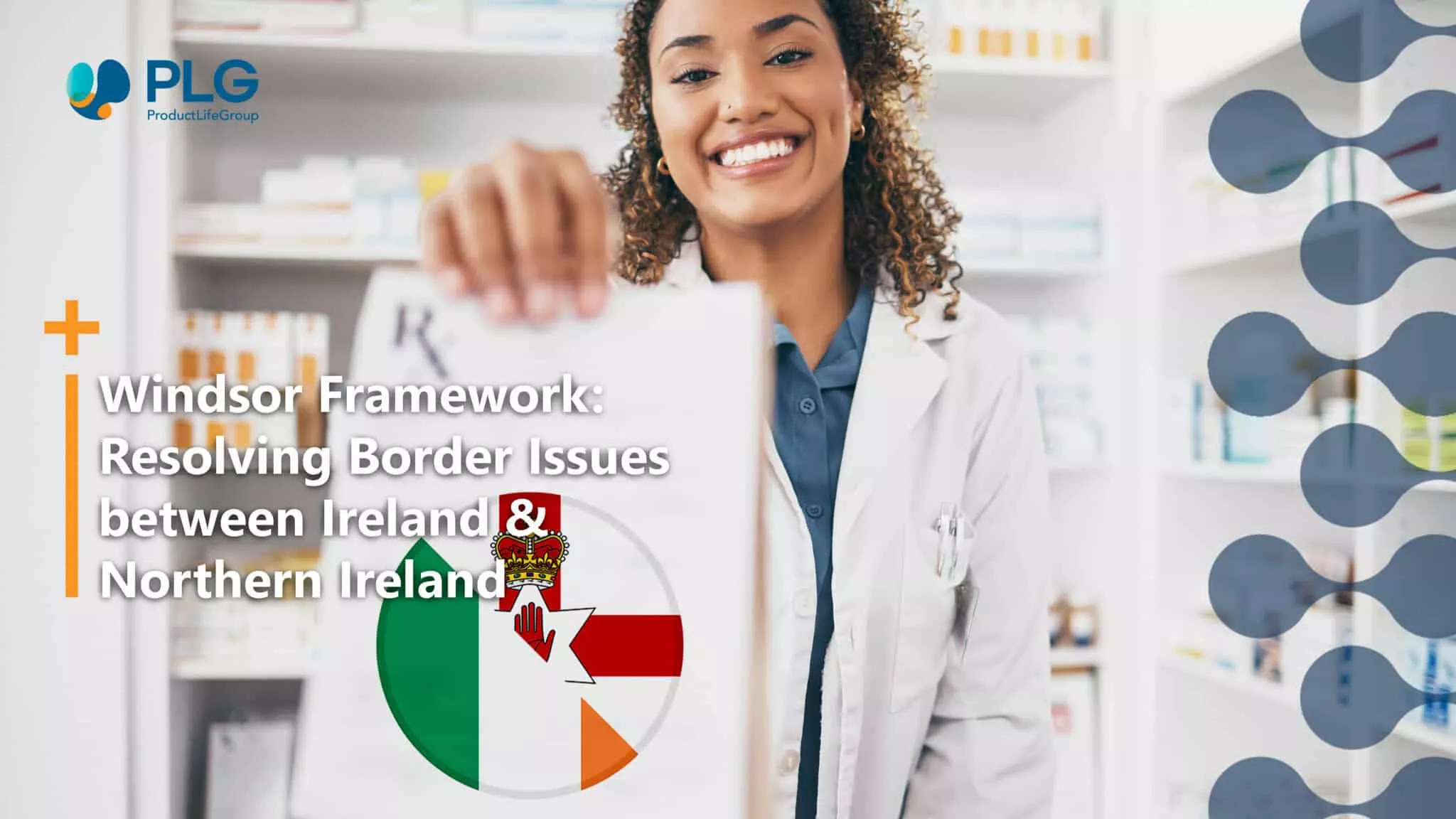
New protocol amendment for Ireland - Northern Ireland - A Windsor Framework
18 july 2023

The Birth of the Windsor Framework
The Windsor Framework is a series of accommodations between the European Union (EU) and the United Kingdom (UK) in the fate of the Brexit referendum 2016. These negotiations aimed to address some of the complex issues related to the UK’s pull-out from the EU, including the status of Northern Ireland, which shares a land border with the Republic of Ireland, an EU member state.
The Protocol on Ireland/Northern Ireland: Resolving Border Issues After BREXIT
The Protocol on Ireland/Northern Ireland, which aims to resolve the difficulties of the Northern Ireland border after Brexit, was established as one of the major outcomes of the Windsor Framework negotiations. The protocol establishes a special arrangement for Northern Ireland, which continues to participate in the EU’s single market for goods and applies EU customs rules at its ports and airports.
Original protocol: NI must follow EU rules on medicines, including conditions on licensing, quality control and measures to attack counterfeit products.
A grace period means that the full impact of these rules has not yet been felt.
Problem: NI is largely dependent on medicines produced in GB.
Impact on Medicines: Regulatory Challenges and Market Consequences
Manufacturing companies catering to the GB and NI markets must adhere to two regulatory regimes, raising production and distribution costs and complexity. This might push some companies to stop catering to the NI market. Companies have already informed the NI Department of Health that they intend to remove 910 drugs from the market. Companies that continue to operate can increase their prices, straining NI health budgets.
| EU Position | UK Position | What does the framework say? |
| The EU’s plans would permit different regulatory compliance activities, such as quality control testing, typically required in the single market to do so in Great Britain per EU law. Conditions would apply to the flexibilities. For instance, things couldn’t be sold outside of NI, and stricter enforcement rules needed to be implemented. Additionally, pharmaceuticals in Northern Ireland must have a specific stamp and adhere to EU regulations about fake medications.
When approving medications for use in Northern Ireland, the UK would still be required to abide by EU legislation. At the same time, the EU is open to coordinating UK and EU procedures to enable producers to create a single product for both the GB and NI markets. |
The “simplest solution,” according to the UK government, might be to omit medications from the programme completely. | Employing EU legislation, the EU put its initial suggestions into effect in April 2022. On this, the Windsor Framework expands.
According to UK legislation, only the UK is required to approve novel and cutting-edge medications. As a result, these medications will no longer be subject to EU regulations and authorizations.
Manufacturers can now construct a single pack for the UK market without adhering to the particular EU stamp requirement; however, these packs must be clearly marked as UK only.
Only human medications are affected by these changes, while veterinary medications are still subject to a grace period that allows UK-approved medications to be supplied in Northern Ireland until 2025. |
As regulations and guidelines continue to shake out between the UK and the EU, ProductLife Group will be here to keep you updated.
While you wait for the next news cycle, check out our other articles on BREXIT and how it impacts regulatory and pharmacovigilance activities in the UK and EU.
Acquiring PL Licenses across the UK.
UK National Contact Person for PV.
Medical Device Safety in the UK.
Curious to know how PLG can support your needs? Check out our full range of services.
Register to our news and events
Go to our Events to register
Go to our News to get insights
